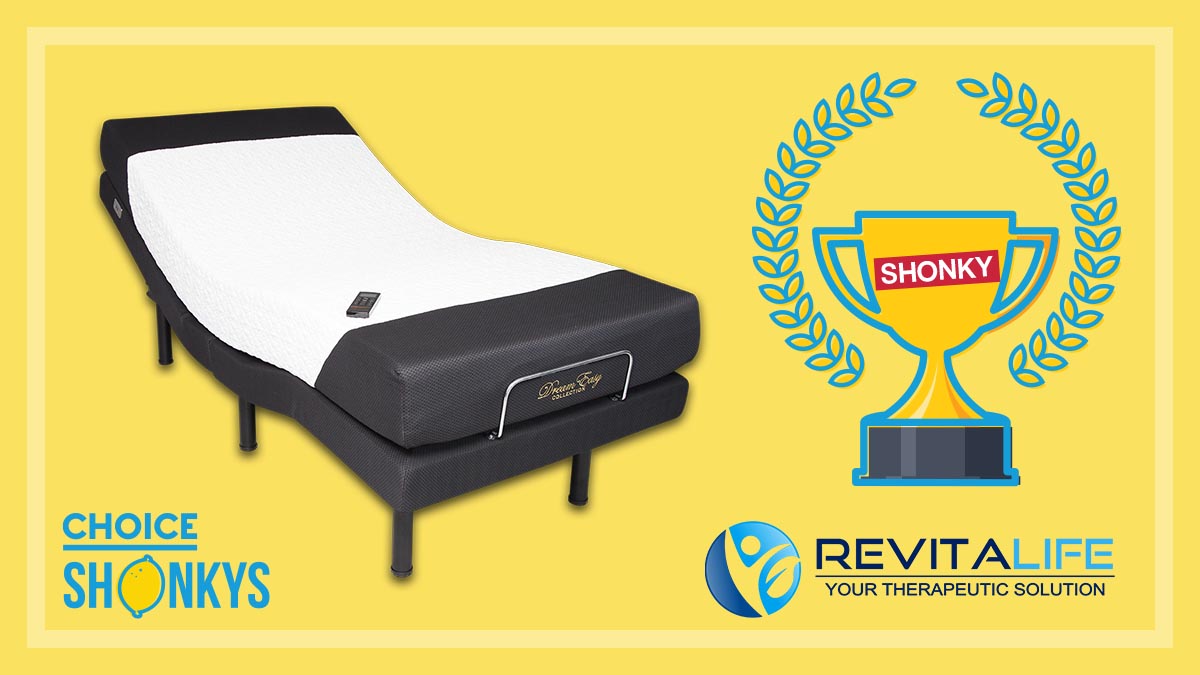We’ve been tipped off several times in recent years about the company Revitalife’s tactic of sneakily using a “health” or “sleep” survey as a tool to generate sales leads for its pricey “therapeutic sleep systems” (also known as electric adjustable beds).
Unwitting consumers take online and telephone surveys in the belief they’re simply being asked about their health and quality of sleep – only to have a salesperson call them to make an appointment to visit their homes. Once there, the salesperson recommends they buy a Revitalife bed to make everything better.
In the cases we’ve seen, the surveys targeted older Australians
The Consumer Action Law Centre also has concerns about the company not always being upfront about the reason for their visit. And in the cases we’ve seen, the surveys targeted older Australians.
Revitalife staffers in these cases haven’t actually done a medical assessment of the target customers. They’ve just flogged their beds, whose prices seem to range from $4000 up to $8000-plus.
The beds are registered as Class 1 Medical Devices by the Therapeutic Goods Administration for their inclusion of “a type of therapeutic massage known as Whole Body Vibration Therapy” and the wonders of Celliant technology, which “recycles and converts radiant body heat into something that gives the body a measurable boost – infrared energy”.
Their movable beds may be helpful for some people, but the suitability of these technologies for treating sleep problems among elderly people is shaky at best.
The suitability of these technologies for treating sleep problems among elderly people is shaky at best
One sleep expert we spoke to wasn’t buying it: “Sleep disorders need treating by a sleep physician,” they say. “If a bed retailer is trying to sell a comfortable bed then I would say they are very qualified to do that. If they are attempting to diagnose or treat sleep disorders they are clearly not qualified to do that.
“I am not aware of any research showing any particular mattress can improve sleep in the elderly.”
Revitalife’s claim that Celliant technology helps older people sleep better is based on a single clinical trial of six people with chronic back pain. Their ages were not disclosed, and the results were far from conclusive. And Revitalife provided no evidence that Whole Body Vibration helps people sleep better.
Revitalife provided no evidence that Whole Body Vibration helps people sleep better
As if that weren’t enough, Revitalife’s terms and conditions misrepresent the Australian Consumer Law. The company relies on an outdated clause that says it can choose whether to provide a refund, replacement or repair. Under current law, the customer has the right to choose the remedy in the case of a major flaw.
Using a “health survey” as a sales tool? Targeting older Australians? Pushing their beds as a sleep remedy on wafer-thin evidence? Playing fast and loose with consumer law? We find this all a bit shonky. Makes you wonder how Revitalife can sleep at night.

